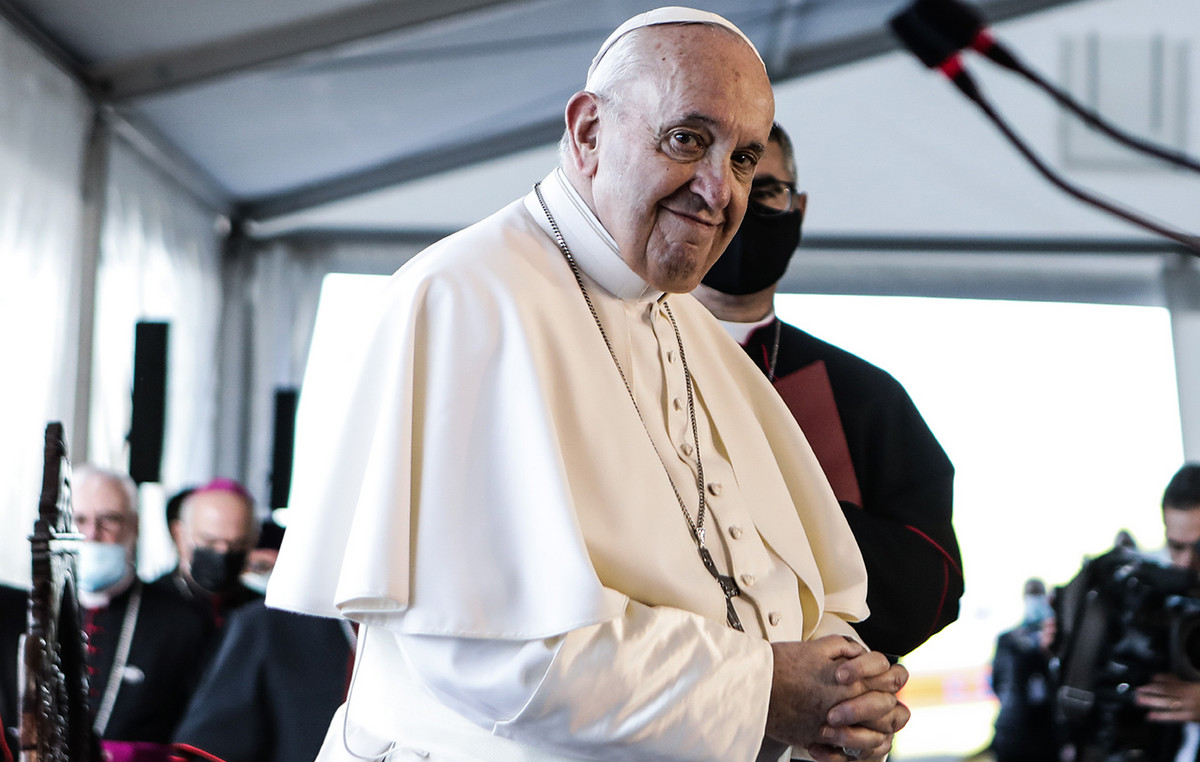LAST UPDATE: 13.31
The main European stock markets are moving on Wednesday with an upward, but milder pace than in the morning, with the rally of Wall Street on Tuesday and the rising climate in Asia creating a “headwind”, but it is unknown how long it will last.
On the board, the pan-European index Stoxx 600 is up 0.20%, with the Energy (Oil & Gas) sector leading gains at 0.6%, while the Automotive sector is down 0.5%. The other pan-European indicator, Eurostoxx 50with the “heavyweights” of the eurozone, is strengthened by 0.27%.
The German DAX gains 0.37%, with French CAC40 to register an increase of 0.34% and the British one FTSE 100 to increase by 0.22%.
In the periphery, the Italian FTSE MIB increases by 0.11%, with Spanish IBEX 35 to record a fall of 0.22%.
The bullish sentiment comes after an also bullish session on the back of reports that the Russian-German Nord Stream natural gas pipeline will reopen after scheduled maintenance work, at least according to Russian state officials and Russian energy giant Gazprom.
In addition to the jump on Wall Street, investor sentiment is being boosted by reports that Russia and Ukraine are nearing a deal to end the latter’s embargo on grain exports.
However, the rally is expected, according to analysts, to be short-lived, as concern about the effects of monetary policy tightening by the Fed and other central banks remains.
In Europe, the European Central Bank’s monetary policy meeting in Frankfurt on Thursday is at the center of interest for investors, who are expecting – as Lagarde has almost officially announced – the first key rate hike in 11 years.
The above move comes amid an environment of slowing growth, war in Ukraine and threats to the continent’s energy security.
UK inflation hit a new 40-year high in June as energy and food prices continued to soar, escalating the country’s historic cost of living crisis.
The consumer price index came in at 9.4% on an annual basis, according to estimates, slightly higher than Reuters estimates and up from 9.1% in May.
The bigger-than-estimated rise means Britain had the highest rate of inflation in June among the G7, although much smaller EU states are showing higher price rises.
The monthly rise came in at 0.8%, beating the previous month’s 0.7% but lower than April’s 2.5%.
The biggest contributors to the rise in inflation came from motor fuel and food, with prices for the former rising 42.3% year-on-year, the highest level since records began in 1989.
The Bank of England has raised borrowing costs since December as it tries to stop rising inflation from taking hold in the British economy, and is expected to raise them again on August 4, after the next meeting .
Investors expect the BoE to raise interest rates to 1.75% from 1.25% a month ago.
Core inflation in June eased to 5.8% from 5.9% in May, in line with estimates.
Shares in Germany’s Uniper led the gains, up 10%, as the energy giant is in talks with the German government over a bailout.
On the other side of the Stoxx 600, Britain’s Royal Mail is down more than 5%.
Source: Capital
I am Sophia william, author of World Stock Market. I have a degree in journalism from the University of Missouri and I have worked as a reporter for several news websites. I have a passion for writing and informing people about the latest news and events happening in the world. I strive to be accurate and unbiased in my reporting, and I hope to provide readers with valuable information that they can use to make informed decisions.







